Luleå Biennial 2020:
Time on Earth
21.11.2020~14.2.2020
Last chance The Luleå Biennial 2020: Time on Earth
Wednesday February 10, 16~20 and Saturday February 13–Sunday February 14, 12~16
Galleri Syster is open. Group show with Augusta Strömberg, Susanna Jablonski and Ana Vaz.
Thursday February 11–Sunday February 14, 12~16
Havremagasinet länskonsthall in Bodenis open. Group show with Beatrice Gibson, Susanna Jablonski, Birgitta Linhart, Fathia Mohidin, Charlotte Posenenske, Tommy Tommie and Danae Valenza.
Saturday February 13–Sunday February 14, 14~18
The former prison Vita Duvan is open with an electro acoustic installation by Maria W Horn.
Saturday February 13, 15~19
The artist Markus Öhrn and the poet David Väyrynens sound installation "Bikt" is exhibited on the ice by Residensgatan in Luleå. Listen to older generations of Tornedal women and their testimonies.
Book your visit via Billetto. Drop in is possible as far as space allows.
For those of you who do not have the opportunity to physically visit the Luleå Biennale on site, a radio show including artist talks, sound works and specially written essays will be on stream on Saturday February 13–Sunday February 14. Visit our radio page here.
The exhibitions at Norrbotten's Museum, Luleå konsthall, Välkommaskolan in Malmberget and the Silver Museum are unfortunatly closed.
